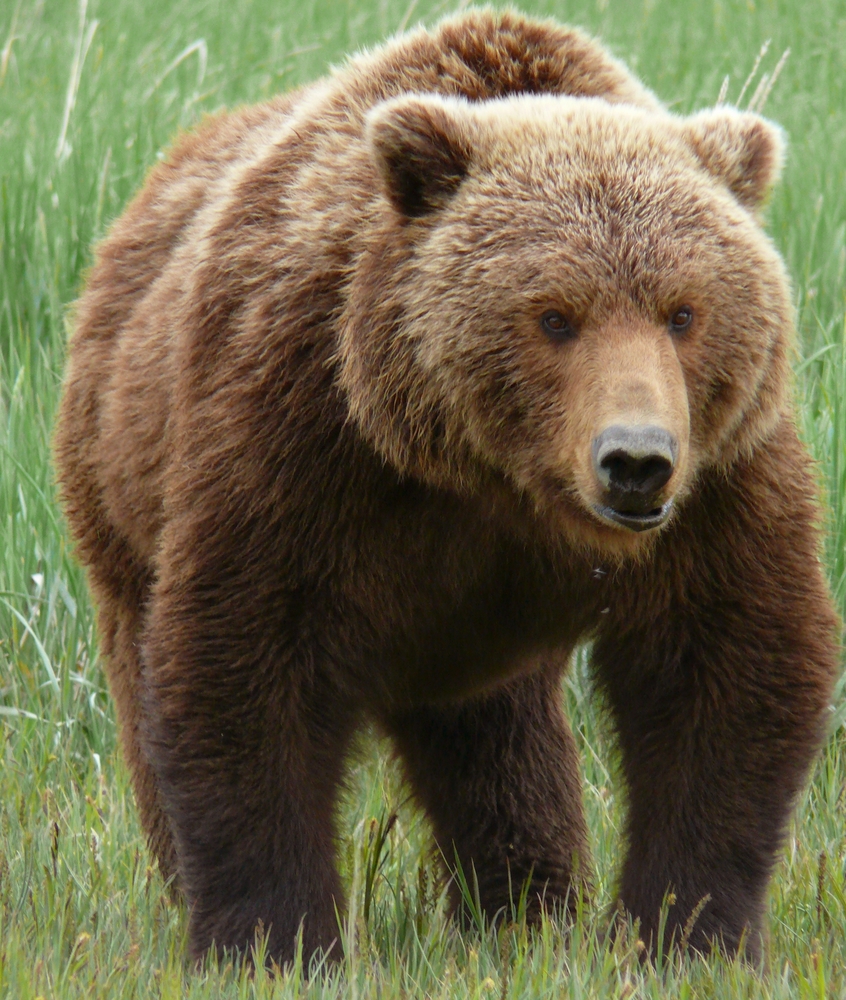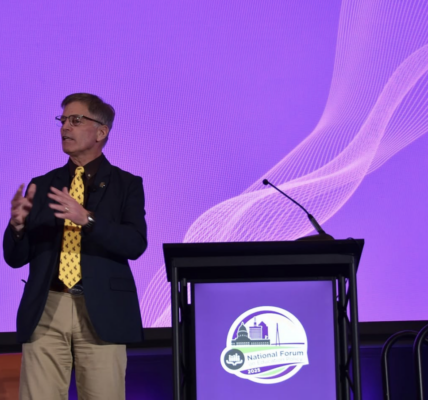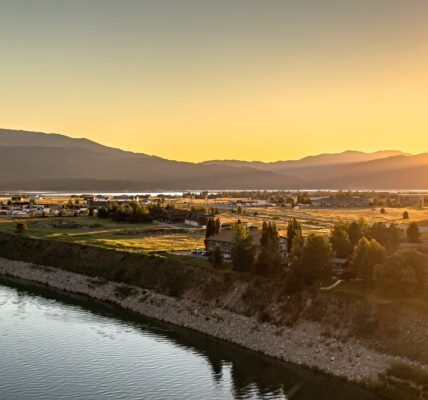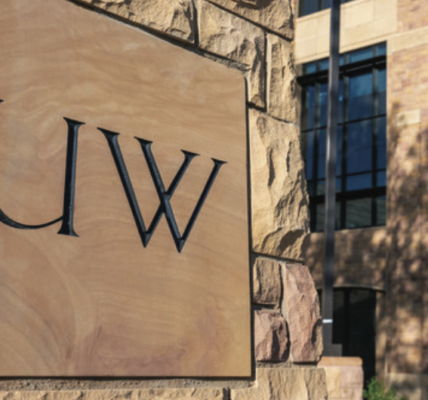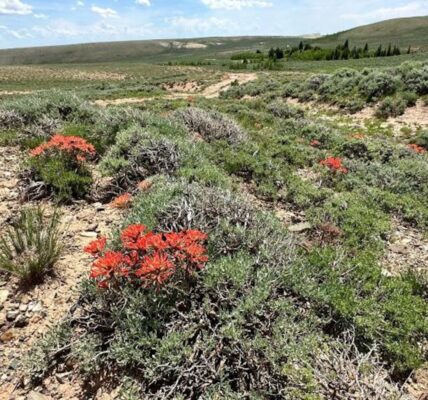By Lew Freedman
Cody Enterprise
Via Wyoming News Exchange
CODY — The inexpensive application fee for a bear hunting license in Wyoming worries residents who believe anti-hunting factions from out-of-state could stack the deck by purchasing thousands of them.
“We’re concerned about the potential for hijacking these licenses,” said Cody outfitter Lee Livingston, president of the Wyoming Outfitters and Guides Association.
Livingston brought forth a key concern for many Tuesday night at a Game and Fish informational session at the Holiday Inn called to discuss proposed rules and regulations for a September-November grizzly hunt.
He said a group against hunting the Yellowstone grizzly bear “that doesn’t want to see anything happen,” could overwhelm the system by paying the low $5 resident or $15 nonresident application costs, shutting out legitimate hunters.
The event was not about new information, nor about members of the public venting with pro or con opinions.
Moderator Dan Thompson, head of the large carnivore division in Lander, sought to head off emotional statements by discouraging “grandstanding.”
None of the approximately 45 people in attendance – a smaller crowd than expected – did anything but ask questions about the proposed plan scheduled to go before the Game and Fish Commission May 23.
Cody regional wildlife supervisor Dan Smith introduced 16 members of Game and Fish staff present to answer questions. He said hearings last November showed the Wyoming public supports a grizzly hunting season as a tool in managing the grizzly population.
The Yellowstone grizzly bear was protected by the Endangered Species Act until last summer when U.S. Fish and Wildlife delisted it and turned over management of the species to Wyoming, Montana and Idaho.
“This is a fairly historic moment,” Thompson said of working towards the first hunt in the state since 1974.
Thousands of hours of effort were put into meetings and scientific studies to reach this point and participating agencies agreed the grizzly population, down to 136 in the 1970s, had recovered and is at about 718 within a 19,279-square-mile Demographic Monitoring Area.
Government officials say the 700-plus estimate is conservative and the population may be around 1,200.
Montana is not initiating a hunt this year. Idaho is planning for a single bear to be hunted.
Game and Fish has unveiled a multi-layered plan allocating 24 licenses, but no more than two females can be harvested in the DMA. Another dozen bears could be killed in territory outside the DMA where bears where conflicts with humans and livestock may be common.
The bear hunting seasons would run Sept. 1-Nov. 15 outside the DMA and Sept. 15-Nov. 15 within the DMA.
To ensure no more than two female grizzlies can be killed, Game and Fish is allowing just two hunters into the field at a time. Hunters will be given intensive education, armed with bear spray and provided a special phone to report a kill swiftly. A hunter will have up to 24 hours to report a kill.
If the first two hunters kill females the hunt will end immediately.
“It will be 200 percent more than have been harvested since 1974,” Thompson said in reply to hunters worried over that scenario.
When hunters apply for licenses they can request one within the DMA or outside that area, but not both. This is considered a once-in-a-lifetime hunt for tag winners.
Another rule proposal, as a nod to ecotourism, is that no bear can be hunted within a quarter-mile of a U.S. or state highway. That would eliminate bears from being hunted that may be frequently photographed roadside.
As of Monday, some 1,500 public comments had been received on the Game and Fish plan, Thompson said.
“From across the globe,” he said.
Various conservation groups oppose instituting a bear hunt and several lawsuits have been filed, some of which would overturn the entire delisting ruling from the federal government. A judge in Missoula, Mont. consolidated them and said a hearing will be held in August.
The issue of “flooding the market” with applications by people who won’t use the licenses and take up space for potential hunters, was feared as a tactic.
Dan White of Cody said he knows that happened in Michigan decades ago when a black bear hunt started.
“People set up tables in colleges (to get students to apply),” he said.
Conservation groups “could generate thousands” of applications among anti-hunters for the Wyoming selection process, he said.
While the fee to apply is inexpensive, the cost of buying a license after being selected is not.
Residents who are notified they have been successfully chosen must pay $600 within 10 days. Nonresidents must pay $6,000 within 10 days.
Thompson said the reasoning behind the cheap fee was to give everyone a chance.
The application fees are nonrefundable so Thompson said it would be OK with him “if a non-hunter contributes to grizzly conservation.”
The regulations comment period is open until April 30 and comments taken at meetings like these around the state could be incorporated into modified proposals.
For limited quota draws, including those for bison, sheep, elk, deer, moose and pronghorn, Game and Fish does require applicants to pay the entire license fee up front. If those hunters do not win draws for licences, their money is refunded.
If that policy was applied to the grizzly hunt the much higher cost up front might dissuade a mass application movement by those who won’t hunt.
Livingston said he believes a program like that is the answer.
“There are potential options,” Thompson said.

